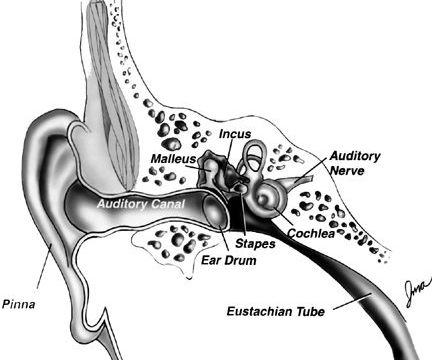How Americans’ Distaste for Congress Spread to the Senate

If pro is the opposite of con, then is progress the opposite of congress? It’s a lame joke, but one that seems to be resonating more and more among Americans. The House has certainly gained its share of detractors, but that was mostly isolated to the citizenry. But recent events show that American politicians now might share that sentiment enough to drastically change the way American politics will look next year.
The breaking point occurred in 2006, when a poll revealed that 74 percent of Americans felt Congress was out of touch. Around the same time, a Rolling Stone cover story declared the Congress the worst in American history. Within a couple of years, that language started finding its way into practically every electoral campaign. By last year, Americans’ waning patience for their elected representatives in Washington was becoming an overwhelming theme. But in a surprising change in how the beltway hears the protests of the electorate, it appears everyone else is starting to grow tired of the Congress.
After Congress awarded itself a pay raise in 2008, 2010 saw Americans become truly tired of their congressional representatives. President Obama made tired bipartisan infighting an issue in his State of the Union, but the recent announcement from Sen. Evan Bayh truly reflects the widespread distaste for Congress.
In announcing he would not run for re-election, Sen. Bayh cited bi-partisan gridlock as a reason for his decision. But his public declaration proved more telling than anything. Putting it bluntly, Bayh pronounced “I do not love Congress.” But this denouncement of Congress by a sitting Senator is becoming quite the trend. In December, tenured Senator Diane Feinstein lamented Congress’ unlimited authority in the battle over health care, which she attributed to the Commerce clause of the Constitution. The previous April, Sen. Dick Durbin said outright that banks owned Capitol Hill, during the debate over consumer rights. But nobody assessed the state of Congress more bluntly than Republican National Committee chairman Michael Steele, who in December accused Congress of “flipping a bird to the American people.”
Bayh’s complete disillusionment with Congress could further spread the general frustration with a House that will look markedly different over the next couple of years. There’s no telling if that change will ease the hair-pulling across the country. But it certainly appears that the populace’s resentment is more than palpable.





